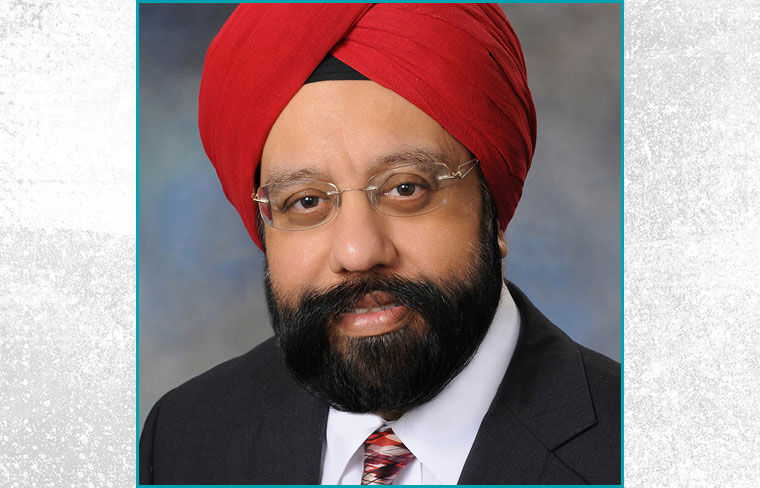-
Panel will discuss impact of SGLT2 inhibitors and GLP-1 drugs on diabetes complications and health care costs
Celeste Thomas, MD, will present the adult care perspective. Other panelists will examine the impact of these medications from the pediatric care, health system, and patient viewpoints.
-
Symposium will detail nuances of treating type 2 diabetes
Kristina Utzschneider, MD, and other experts will discuss the individual dynamics of managing patients with type 2 diabetes who are lean, are prone to ketosis, or have end-stage liver or renal disease.
-
Scientific Sessions open with updates on translating clinical advances into routine care
Osagie Ebekozien, MD, MPH, the first-ever Chief Quality Officer of the American Diabetes Association® (ADA), underscored the philosophy driving initiatives moving the Standards of Care in Diabetes into routine practice. Among them, an effort to destigmatize obesity and promote its treatment as a chronic disease.
-
Pathway to Stop Diabetes® grants help advance diabetes understanding and care
Sarah Stanley, MB, BCh, PhD, and other grant recipients shared new understanding around diabetes made possible through early-career awards from the ADA.
-
Experts to explore future of emerging non-peptide, small molecule GLP-1 receptor agonists
An international panel will discuss small nonpeptide GLP-1 receptor agonists and what this research means for the outlook of diabetes treatment. Julio Rosenstock, MD, will present data from ACHIEVE-1, a trial for the oral GLP-1 receptor agonist orforglipron.
-
Session to explain ADA guidelines on liver disease in diabetes
Experts, including Mandeep Bajaj, MBBS, will discuss what is considered the most underdiagnosed complication of diabetes—metabolic dysfunction-associated steatotic liver disease.
-
Pilot project delivers training on obesity bias and weight care in primary care practice
Jack Westfall, MD, MPH, and others will explain ways the ADA is supporting efforts to overcome weight bias, improve pharmacy connections, and optimize access to technology in the primary care setting.
-
Session will explore antigen targets underpinning autoimmunity in type 1 diabetes
Emrah Altindis, PhD, and other panelists will describe the intricacies of targets such as B cells, autoantibody sources that also serve as antigen-presenting cells, and CD4-positive T cells.
-
Experts will discuss the importance of considering identity to enhance diabetes care
Among the speakers, Elise Van Laere will give an overview of responses to an illness identity questionnaire that explores multiple ways individuals relate to their diabetes, and the impact those have on diabetes-specific and psychosocial outcomes.
-
Debate will tackle optimal method for tracking burden and severity of hypoglycemia
Gregg Simonson, PhD, and other experts will review the evidence, share their insights, and engage in a robust debate highlighting objective measurements of hypoglycemia as well as subjective patient-reported events.











